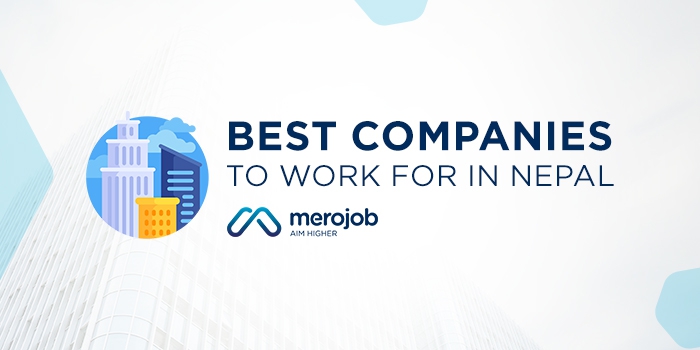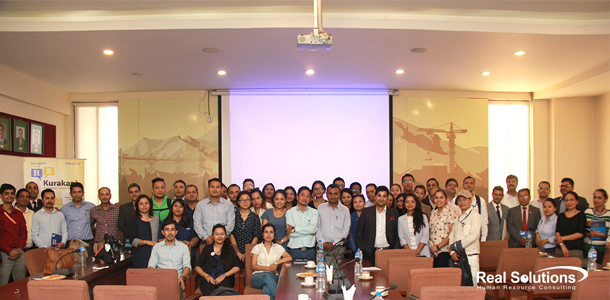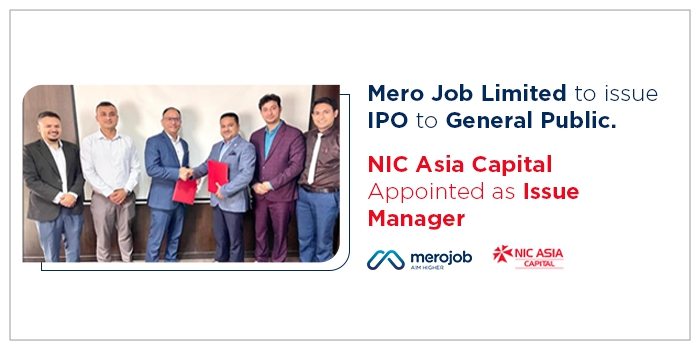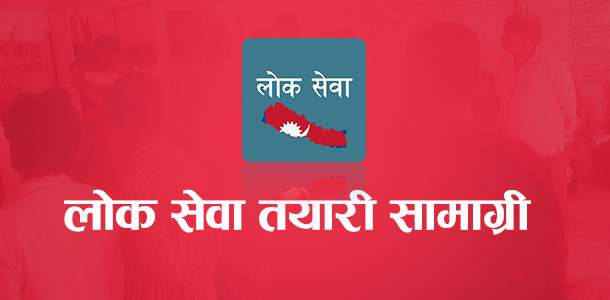Many employers report that their biggest problem is locating talented workers. This is true especially in the information technology industry, where experience and certifications matter equally or sometimes more than degrees themselves. Obviously, employers want to make sure you are qualified for the job.
In a competitive job market, job seekers need to have the right competency to stand out among other candidates and win the employer’s heart. Some of the desirable qualifications that employers look for in IT professionals which increases your chances of getting selected are:
Suitable degree:
The minimum academic requirement companies look for in IT professionals is a bachelor’s degree. With the increased scope in IT, the tech courses in Nepal are also emerging. IT-related courses like information technology, computer science, computer application, information management, cybersecurity, and computer engineering are what companies look for.
Some tech experts have higher academic qualifications, so one might need to go further than a bachelor’s degree. You can enroll in a Master’s degree to get a competitive advantage. Common master’s programs include masters in information technology and masters in technology management.
Related Content: Career after Graduation | Fact or Fiction
Certifications:
Once you acquire the right academic education, you need to get certification from a professional institute. To be taken seriously a professional certification is a must especially in the info-tech field. A few of the best certifications are Certified Information Systems Auditor (CISA), Project Management Professional (PMP), Certified Information Systems Security Professional (CISSP), and Certified Information Security Manager (CISM). These certifications will help you advance in your career and get recognized by employers.
Experience:
Experience is a kind of learning that enables you to avoid common mistakes. According to a survey, two-thirds of employers look for experience as it prepares the talent to work. So get some kind of experience either internship, freelancing, or even a job that may not pay well while starting out. Take this step as a stepping stone towards your career, rather than a source of livelihood.
You can start by working as an IT technician, help desk technician, or project manager assistant. This exposure will help you gain more knowledge about the information technology world and develop your troubleshooting skills. Try to get into well-established or start-up IT companies.
Related Content: How to Get a Job When You Have No Work Experience
Specialization:
To become an expert at something you need to specialize. The information technology industry is quite diverse. So, specialization become even more important. You can specialize in a particular area of information technology such as mobile application or data networking. The key is to identify something that is popular and interests you. Once you have decided the area you want to specialize in, start gaining experience and knowledge in that area.
Specialization in your field makes you a more competitive employee because it’s better for a company to have highly specialized workers in a given area than those who have a base-level understanding of required job duties.
Related Content: 4 Tips on Finding the Right Career
Technical Skills:
Employers look for candidates who can on the very first day start helping the company reach its objectives. This means finding someone who has the right technical skill who can get the job done. Many of these skills require some sort of experience or certification to master. Some of the most valuable IT technical skills are:
Coding and programming skills
As an IT professional, not only will you be expected to understand code, but you will also likely have to write it as well and understand multiple different coding languages. Some of the most popular coding languages used for programming are JavaScript, Java, Python, PHP, C#, C++, and Ruby.
Big Data Analysis
Almost every company relies upon data these days. While collecting data might be easy, employers need experts who can manage, organize and interpret the data. Some of the most valuable data analysis skills include analytical skills, data mining, data management, documentation, and statistical analysis.
Technical Writing
In order to communicate with clients, your messages may need to be sent in the form of emails, press releases, and web content. Being able to communicate complex ideas in a clear way will make you stand out.
Few more technical skills include Artificial Intelligence (AI), Structural Analysis, Numeracy, Information Management, and Information Security. The roles in IT are vast so the technical skills that are used in one field may not be used in others.
For detailed information on skills required specific to its field click here.
Soft Skills:
Although technical skills are crucial for information technology positions, soft skills are important as well. Even though you have strong technical skills, employers will still seek soft skills to move ahead in the hiring process. For roles, like Digital Security Analysts, Technical Recruiters, Project managers, and Designers a combination of technical skills and soft skills is required.
A positive attitude is one key personal attribute that employers value the most. Some more of the soft skills IT employers look for are communication skills, logical thinking, assessment, multitasking, accuracy, creativity, evaluation, teamwork, and leadership.
Related Content: Develop and Improve Soft Skills
There are a lot of opportunities in the IT field for job development. Professionals in this field make good money and earn a lot of respect from their peers. If you want a successful IT career, then you need to have a suitable degree, certification, experience, and specialization.
To learn more about what employers are looking for in IT applicants and go through the job description click here.










